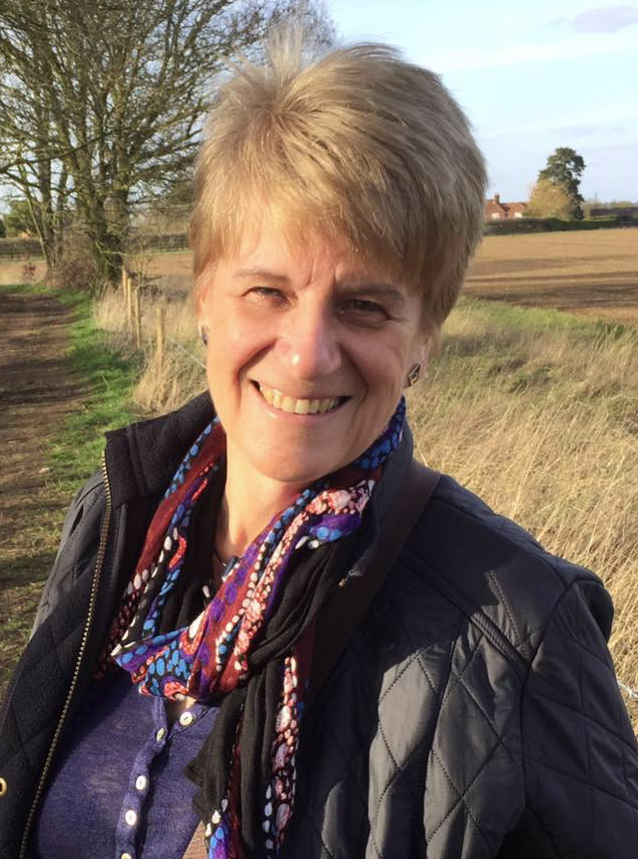About TOPSE
This website presents the findings from a series of studies conducted to develop and test a Tool to Measure Parenting Self-Efficacy (TOPSE) in practice. Parenting programmes of many types, based on varying philosophies and practices have been set up in different parts of the world to support and enable parents in their role.
In the UK a range of parenting programmes are offered, which are based on skill acquisition, strengthening relationships, behaviour management and parent education and support. Although programmes may differ in the way they are delivered, the overarching aim is to help parents understand the effects of their behaviour on their children and to feel empowered and confident in their parenting roles.
In so doing they not only provide support to parents but also enable children to reach their potential.
Testimonials

A recent survey of users of TOPSE highlighted the following testimonials
“TOPSE showed a benefit to parents in all areas. We are using the individual results to signpost parents to other beneficial services following attendance at groups”
“We continue to only commission providers who use robust monitoring and evaluation tools, one of which is TOPSE”
“We use TOPSE to provide evidence of the effectiveness of our parenting courses”
“TOPSE is now embedded into our Quality Standards for the delivery of parenting programmes”
“I love TOPSE. It is easy to understand and clear to complete… parent and clinician friendly and allows parents to tell the truth about their experiences rather than what they think the clinicians want to hear them say”
“A valuable resource to enable both professionals and parents to see the impact and progress made and to help recognise pathways forward for developments and support”
“The tool was perceived to be easy to use by parents and the themed nature of the questions helped to clarify thinking in relation to aspects of being a parent”
Visitor Map
TOPSE Impact
Evaluating Community-Based Parenting Programmes: TOPSE Impact Case Study
The World Health Organisation (WHO) states that:
The future of human societies depends on children being able to achieve their optimal physical growth and psychological development. Never before has there been so much knowledge to assist families and societies in their desire to raise children to meet their potential. (WHO 2002)

